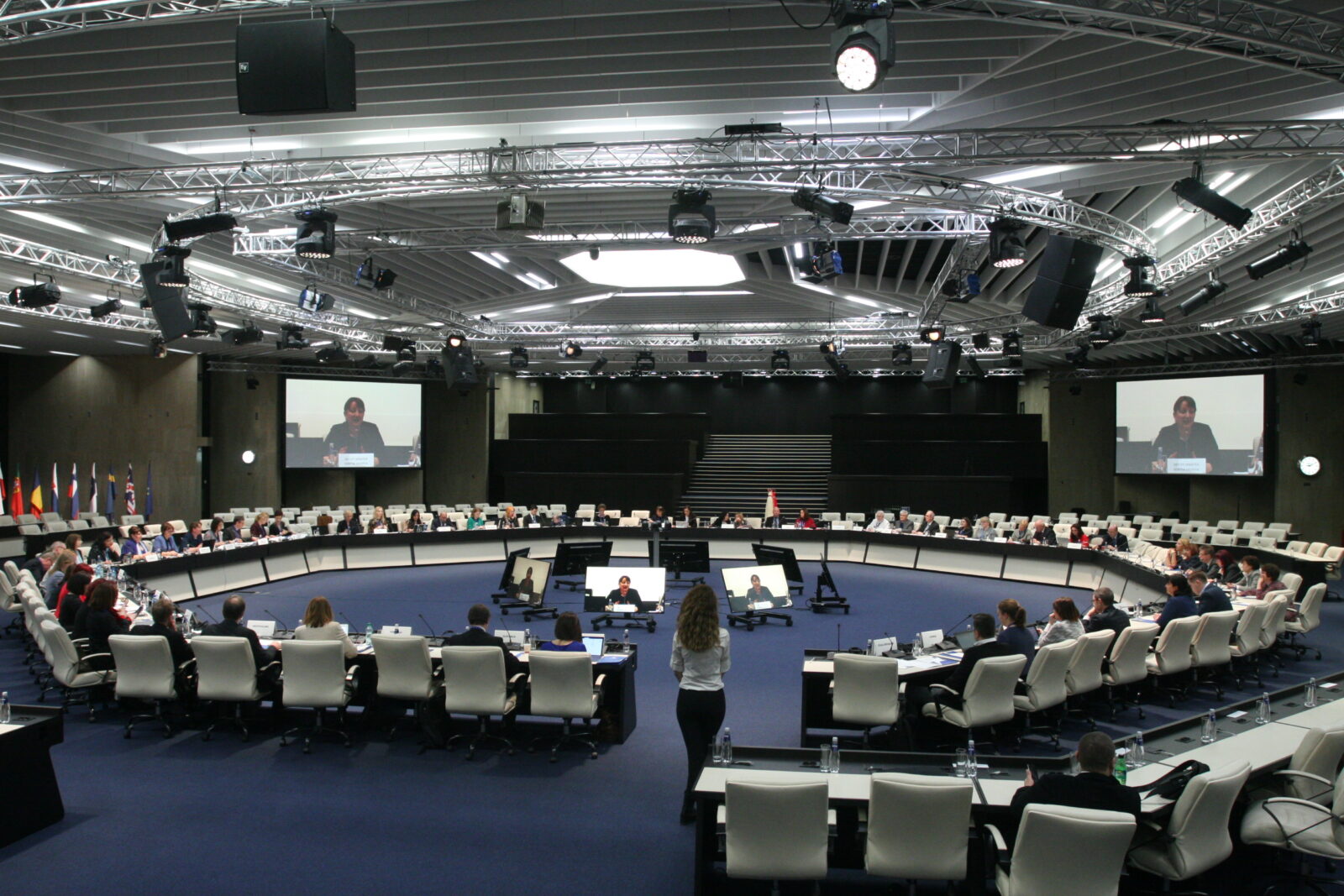More innovative projects in all sectors of education and training should be funded in the future development of the Erasmus+ programme. This vision was presented at a meeting of the Directors General for Schools, held on 13 and 14 March 2018 in Sofia within the framework of the Bulgarian Presidency of the Council of the European Union.
A European evaluation of the Erasmus+ programme shows that 93 % of students and 98 % of teachers are satisfied with their participation in the programme. Representatives from the National Erasmus+ Agency stressed the need of opening the programme with a view to inclusion and to increase the involvement of smaller schools and organisations which apply for the first time.
More than 140 projects for mobility in Bulgarian schools and kindergartens have been funded under Erasmus+ since the beginning of the present programming period (2014-2020) and more than 440 Bulgarian schools and kindergartens have taken part in partnership projects.
During the meeting in Sofia the emphasis was also put on the need to learn foreign languages, improving education and on the mutual recognition of diplomas so that young people can easily find jobs everywhere on the continent.
The main conclusion from the discussions on the implementation of the updated framework on key competences for lifelong learning was that focusing on the assessment of key competences would fill an existing deficiency. Participants also underlined that there is a need for major changes in the training of teachers towards a competency-based approach in their work.
Ms Sophia Eriksson Waterschoot, Director for Youth, Education and Erasmus+ in the Directorate-General for Education, Youth, Sport and Culture (DG EAC) in the European Commission, underlined that work is still needed in the field of school education. As a result of the proposals made, the Commission is able to reconsider the different intentions in order to meet the expectations of Member States for achieving the common goals.
